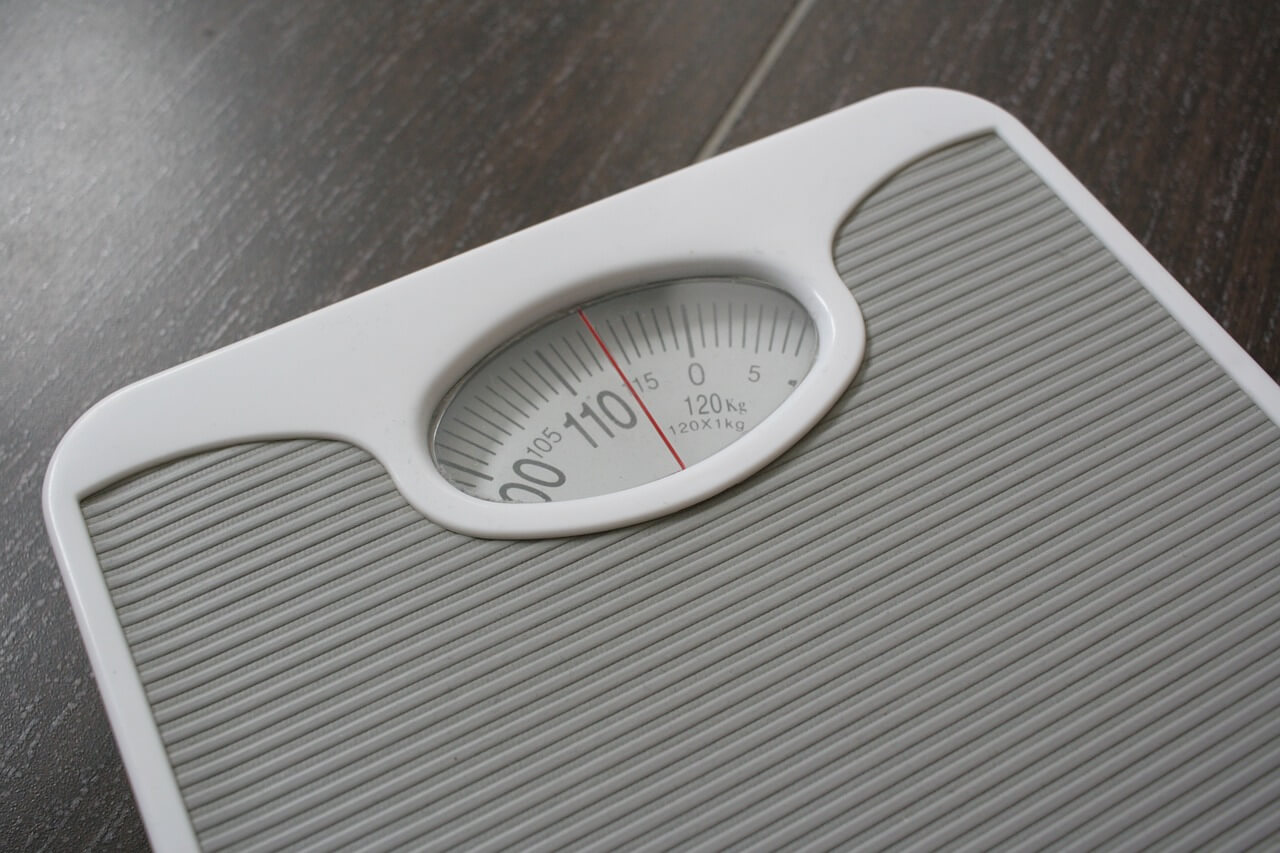How does Orlistat weight loss medicine work, and does it cause side effects? To answer that question, we would need to first introduce you to valuable information, giving you insights and perspective into the health problem of obesity.
Table of Contents
In 2019 and 2020, the Robert Koch Institute conducted a survey among Germans about their weight levels. According to the numbers, about one in two Germans was considered overweight (women 46.6%, men 60.5%). One-fifth of the population (19%) was classified as obese.
Obesity and Overweight Consequences
Rates of overweight and obesity increased with age. The consequences are serious: insulin resistance, diabetes, dyslipidemia, non-alcoholic fatty liver disease, cardiovascular disease, and cancer occur more frequently and shorten life spans. Unfortunately, the number of obese people is rising fast in the whole world, and even the trend is evaluated as an epidemic.
The worsened health status brings new challenges not only to the healthcare and economic sectors but to society as a whole. The fight against overweight needs different kinds of measures like exercise and a special low-calorie diet, but often, for complicated and risky cases, medicines are also necessary.
One of these medicines is Orlistat (sold under the brand names Xenical and Alli). Its main mechanism of action is to prevent the absorption of fats from the human diet by acting as a lipase inhibitor, thereby reducing caloric intake.
What is Orlistat?
Orlistat is the saturated derivative of lipstatin, a potent natural inhibitor of pancreatic lipases isolated from the bacterium Streptomyces toxytricini. However, due to its relative simplicity and stability, orlistat was chosen over lipstatin for development as an anti-obesity drug. In several studies, it was proved that this medicine can reduce weight by up to 10% for a year gradually, but as with every medicine, it has many side effects the patients should be informed.
Side Effects of Orlistat (Weight Loss Medicine)
Common side effects of Orlistat are the following, and although they should be temporary, if they persist, consultation with a doctor is mandatory.
• Oily or fatty feces or oily discharge from your anus — look out for oily spots on your underwear
• Urgent or increased bowel movements
• Increased flatulence, sometimes with discharge
• Headaches
• Upper respiratory tract infections (RTIs), such as colds
• Stomach pains or discomfort
The next list of side effects of Orlistat is less common, but if they persist, consult with a doctor urgently:
• Softer faeces
• Faecal incontinence
• Gum or teeth disorders
• Bloating — This is more commonly experienced by people with type 2 diabetes
• Irregular periods
• Fatigue
• Lower respiratory tract infections
• Rectal pain or discomfort
Rare Side Effects of Orlistat (Weight Loss Medicine)
There are also rare side effects listed below, and if they occur, a doctor should be visited immediately.
• Cloudy, bloody, or dark urine
• Contagious diarrhea
• Difficulty hearing or earache
• Increased heartbeat
• Painful or difficult urination
• Increased need to urinate
• Difficulty breathing or swallowing
• Swelling of the face, feet, or hands
• Hives or rash
• Redness on the skin
• Yellowed skin or eyes
• Anxiety
Are Allergic Reactions Possible During Medication with Orlistat?
Given all these side effects, patients should be aware that many allergic reactions are possible when taking Orlistat, such as hives or a rash, difficulty breathing, and swelling in the face, tongue, lips, or throat.
The following symptoms also might be considered signs of an allergic reaction and approached with extra attention:
- Severe abdominal pain
- bloody urine
- painful or difficult urination
- liver problems, such as fatigue, dark urine, loss of appetite, or yellowing of the eyes or skin
- kidney problems, such as little to no urination, fatigue, or swelling in the ankles or feet.
What do the Clinical Trials Say About Orlistat’s Effect?
Orlistat is clinically proven to cause weight loss; it has been approved in the EU since 2009, but the huge list of side effects might look frightening to some people. On the opposite side to help with the kilograms, some natural food supplements can be used based on hesperidin.
It’s a flavanone glycoside – a natural phenolic compound with a wide range of biological effects. Mounting evidence has demonstrated that hesperidin possesses an inhibitory effect against obesity diseases. Hesperidin actually regulates lipid metabolism and glucose metabolism, directly regulates antioxidant index and anti-apoptosis, and indirectly regulates inflammation to play a role in the treatment of obesity. The most recent researches show how big the potential of this product is against the overweight globally.
Disclaimer:
As a service to our readers, MVS Pharma GmbH publishing provides access to our library of archived content in our blog. Please note the date of the last review or update on all articles. No content on this site should ever be used as a substitute for direct medical advice from your doctor or other qualified clinician.
MVS Pharma GmbH will soon be launching an omega-3 dietary supplement onto the European market that has been developed for the highest quality standards in terms of oxidation avoidance and therefore greatest bioavailability. In addition, in vitro studies are currently underway at the University of Ulm, in which Professor Dr. Rüdiger Groß tested a patented mouth and nose spray (Virudol) that can eliminate various flu viruses based on natural substances. In addition, MVS has a wholesale license and has specialized in sourcing much-needed medicines such as Amoxicillin, Salbutamol, etc. from India through its local branch with a focus on local quality and safety testing, compliance with international GMP regulations and the highest quality level of user security (examples of local language brochures, identical units of measurement, batch control and full tracking, etc).


